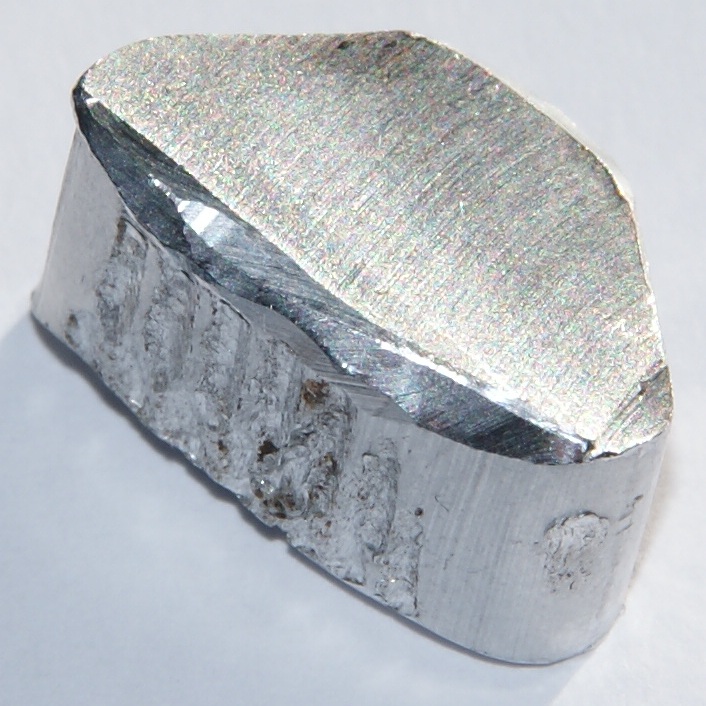
Careers in Clean Energy Innovation
SPECIAL SERIES: CAREERS IN CLEAN ENERGY INNOVATION
Featuring Merlin Theodore of the Oak Ridge National Laboratory; Kerri Hickenbottom of the University of Arizona; and Jena Holtberge-Benge of John Deere Reman
Three Manufacturing USA® institutes — IACMI, RAPID and REMADE — are proud to join forces and host a special series of webinars on Careers in Clean Energy Innovation. In recognition of Women’s History Month, our series will kick off on Wednesday, March 24, with a panel presentation featuring three dynamic women who are breaking new ground every day in the clean energy industry.
IACMI Workforce Director Joannie Harmon will serve as moderator for this webinar.

Merlin Theodore, Ph.D., Advanced Fibers Manufacturing Group Leader, Oak Ridge National Laboratory, Oak Ridge, TN
Raised in St. Croix, USVI, Merlin was the first in her family to earn a graduate degree. She earned her B.S. in Chemical Engineering, M.S. in Mechanical Engineering, and her Ph.D. in Materials Science and Engineering at Tuskegee University in Alabama. Prior to her current role at ORNL, Merlin worked in the State of Washington at startup SGL Automotive Carbon Fiber, one of the largest carbon fiber production facilities in the U.S. Previously, she worked at Bayer Pharmaceuticals, Georgia Tech, and Universal Technology Corporation (UTC) at Wright-Patterson Air Force Base as a research scientist and laboratory manager.

Kerri Hickenbottom, Ph.D., Assistant Professor, Department of Chemical and Environmental Engineering, University of Arizona, Tucson, Ariz.
Kerri completed her B.S. degree in Civil Engineering at the University of Nevada, Reno, and her M.S. and Ph.D. degrees in Environmental Science and Engineering at the Colorado School of Mines. She has worked on novel membrane processes for over 10 years, with specialty in forward osmosis, pressure retarded osmosis, and membrane distillation. Her research focuses on investigating the technical, environmental, and economic potential of novel, engineered systems for resource recovery and reclamation of waste streams.

Jena Holtberg-Benge, General Manager, John Deere Reman Power Solutions Group, Deere & Company, Springfield, Mo.
In her role with John Deere Reman, Jena is responsible for the company’s remanufacturing strategy and production, with facilities in Springfield, Mo., and Edmonton, Alberta, Canada, and distribution globally. The company remanufactures engines, drive train, hydraulic, fuel and electronic components. Jena joined Deere in 2001 and subsequently held roles in marketing, customer support, quality, operations, strategic planning and business development in the US, India and China. She holds a B.A. in International Studies from Vassar College and an MBA (International Business) from Thunderbird, the School of Global Management.




